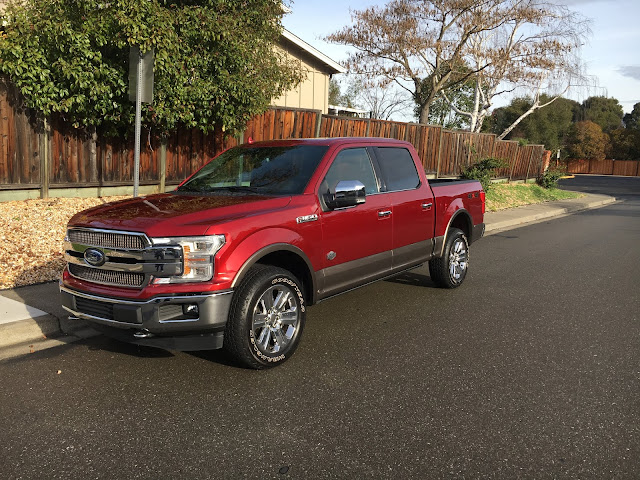These things puzzle me.
Sometimes I guess I have too much time on my hands so my mind wanders to things that puzzle me. Two things pop to mind - Rock solid suspensions and turbocharging smaller engines.
Years ago suspensions were very stiff and chassis flexed. Now cars are damn solid, very little flex yet suspensions are still, or maybe more, unforgiving. It makes no sense to me. If you take the twist and flex our of a chassis, stop it from being part of the suspension, shouldn't the suspension itself be able to be more compliant? I thought that was one of the big reasons for making cars more rigid?
It wasn't that long ago, maybe 20 or 30 years that car makers were looking at "active" suspensions; suspensions that sensed changes in the road, steering, braking or acceleration inputs. The whole idea was to have a car that rode smoothly and handled like a race car.
We've got the handling part down pat. Heck the average street car of today would out handle most race cars of 30 years ago. But smoothness? Nowhere to be seen.
The combination of stiff springs and stiffer tires (you know, no sidewalls) equal cars that crash and bang over the slightest road imperfections. Cars today are like the princess who always felt the pea under her mattress. Isn't there anyone who can built a car with a soft ride without it feeling like a big old boat? Have suspension engineers given up?
The other puzzle is why most car makers offer performance, turbocharged engines that are smaller in displacement than the standard engine. I'm not talking about Ford's EcoBoost engines. But let's say auto maker X's normal 4-cylinder is a 2.4-liter that makes 175 hp. They then come out with their performance 4-cylinder that is turbocharged and makes 225 hp. But it's only 2.0-liters. Why not turbo the 2.4-liter? I really don't understand.
Okay I'll go back to what I was doing before my brain exploded.
Years ago suspensions were very stiff and chassis flexed. Now cars are damn solid, very little flex yet suspensions are still, or maybe more, unforgiving. It makes no sense to me. If you take the twist and flex our of a chassis, stop it from being part of the suspension, shouldn't the suspension itself be able to be more compliant? I thought that was one of the big reasons for making cars more rigid?
It wasn't that long ago, maybe 20 or 30 years that car makers were looking at "active" suspensions; suspensions that sensed changes in the road, steering, braking or acceleration inputs. The whole idea was to have a car that rode smoothly and handled like a race car.
We've got the handling part down pat. Heck the average street car of today would out handle most race cars of 30 years ago. But smoothness? Nowhere to be seen.
The combination of stiff springs and stiffer tires (you know, no sidewalls) equal cars that crash and bang over the slightest road imperfections. Cars today are like the princess who always felt the pea under her mattress. Isn't there anyone who can built a car with a soft ride without it feeling like a big old boat? Have suspension engineers given up?
The other puzzle is why most car makers offer performance, turbocharged engines that are smaller in displacement than the standard engine. I'm not talking about Ford's EcoBoost engines. But let's say auto maker X's normal 4-cylinder is a 2.4-liter that makes 175 hp. They then come out with their performance 4-cylinder that is turbocharged and makes 225 hp. But it's only 2.0-liters. Why not turbo the 2.4-liter? I really don't understand.
Okay I'll go back to what I was doing before my brain exploded.


Comments